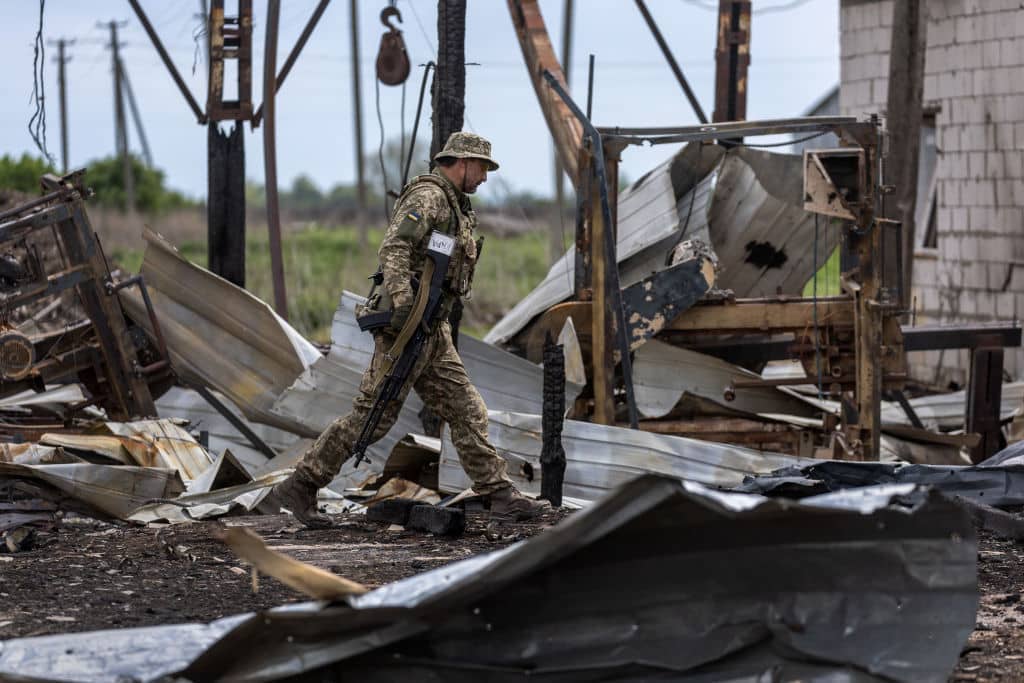The sheer complexity of the war in Ukraine can mask its most important features. So let’s cut through the complexity and focus on where the combatants now stand, how they got there, and what is likely to happen next.
The central point is one we all know: Ukraine has prevented a Russian victory but has not yet won the war. There is still hard fighting to come, but the battlefield is increasingly tilted in Ukraine’s favour. Vladimir Putin wanted to seize the capital, decapitate the Zelensky regime, install a puppet government, and control as much of the country as he could, incorporating some of that territory into Mother Russia and establishing “independent” republics in the rest. Not only did he fail militarily, he united the Ukrainian people in fierce opposition, including those who speak Russian, live near the border, and once favoured Moscow. This broad opposition forged a nation and marks a significant change since Russia’s seizure of the Crimea and Donbas region in 2014.

Get Britain's best politics newsletters
Register to get The Spectator's insight and opinion straight to your inbox. You can then read two free articles each week.
Already a subscriber? Log in






Comments
Join the debate for just $5 for 3 months
Be part of the conversation with other Spectator readers by getting your first three months for $5.
UNLOCK ACCESS Just $5 for 3 monthsAlready a subscriber? Log in